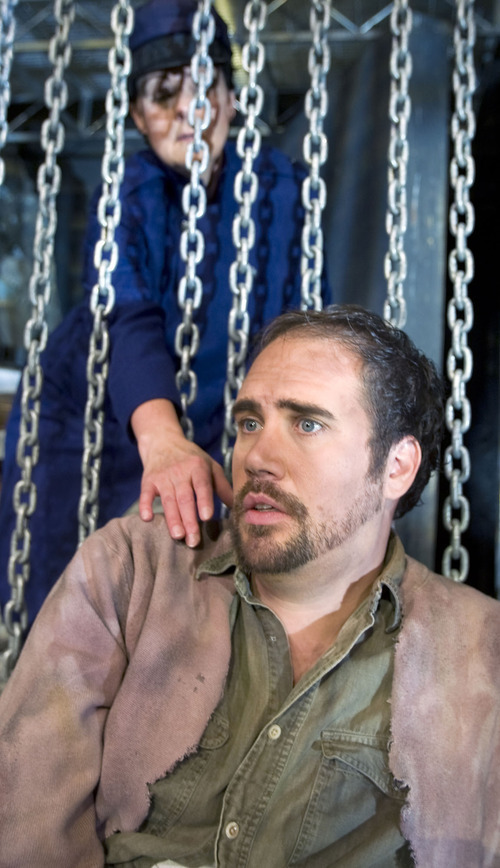

While I appreciated, even applauded, Ozawa’s lofty ambition for this project-a timely and much-needed reflection on the world we live on-unfortunately the presentation on stage last Thursday proved to be a much challenging affair, where the whole was less than the sum of its parts. In doing so, not only do we aim to honor the rich history and spirit of the work but also recognize the countless people who have overcome oppression, fought for liberty, and have been agents of change. This setting allows us to investigate contemporary structures that remove those that are deemed an “other” and a threat and to give voice to those who have been powerless to speak. Therefore, we set our production in a recent past or near future detention facility, somewhere in the world. It would have felt very contemporary and relevant to those that saw it. We were cognizant that the opera’s original setting of the late 18th century was close to the time period in which it was written and premiered. Those two sentences perfectly captured Ozawa’s vision for the staging, and in the video below, he detailed why the project was such a personal one for him, being a fourth-generation Japanese-American whose father was born in WWII internment camp.įurthermore, in the illuminating Director’s Note Ozawa spelled out his motivation behind this reinterpretation. Enter into a modern-day reflection of incarceration with director Matthew Ozawa’s brand-new production of Beethoven’s only opera”. The reinterpretation was the intended selling point for this show, as SF Opera proudly declared in its website and advertisements that “Disguised as a guard, one woman infiltrates a nightmarish detention center to unravel the mystery of her activist-husband’s disappearance. The performance on Thursday also marked another First for San Francisco Opera, as it was live-streamed for the first time in the company’s history.



Sixteen years since the last mounting, this was originally planned for 2020/21 Season as part of the global celebrations of the 250th anniversary of Beethoven’s birthday, which unfortunately had to be canceled when the COVID-19 struck. Ludwig van Beethoven’s “rescue opera” Fidelio was presented by San Francisco Opera as their first new production of the season last Thursday in such reinterpreted fashion. Opera companies all over the world have been trying to find various ways to address the issues, and specifically on the latter, they usually resolve to present a reinterpretation of some sort of the opera in question. It seems that the opera world has lately been under enormous amount of pressure, not only from the ongoing consequences of a global pandemic, but also from the ever-changing times and, most importantly, the sensitivities of the audience.


 0 kommentar(er)
0 kommentar(er)
